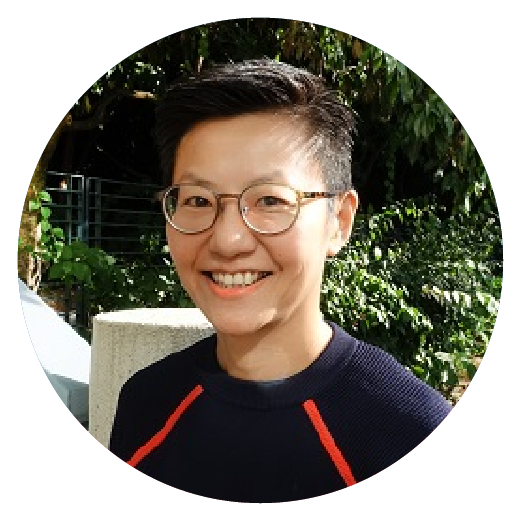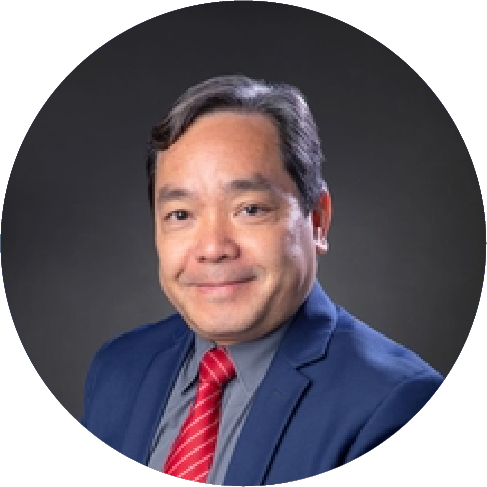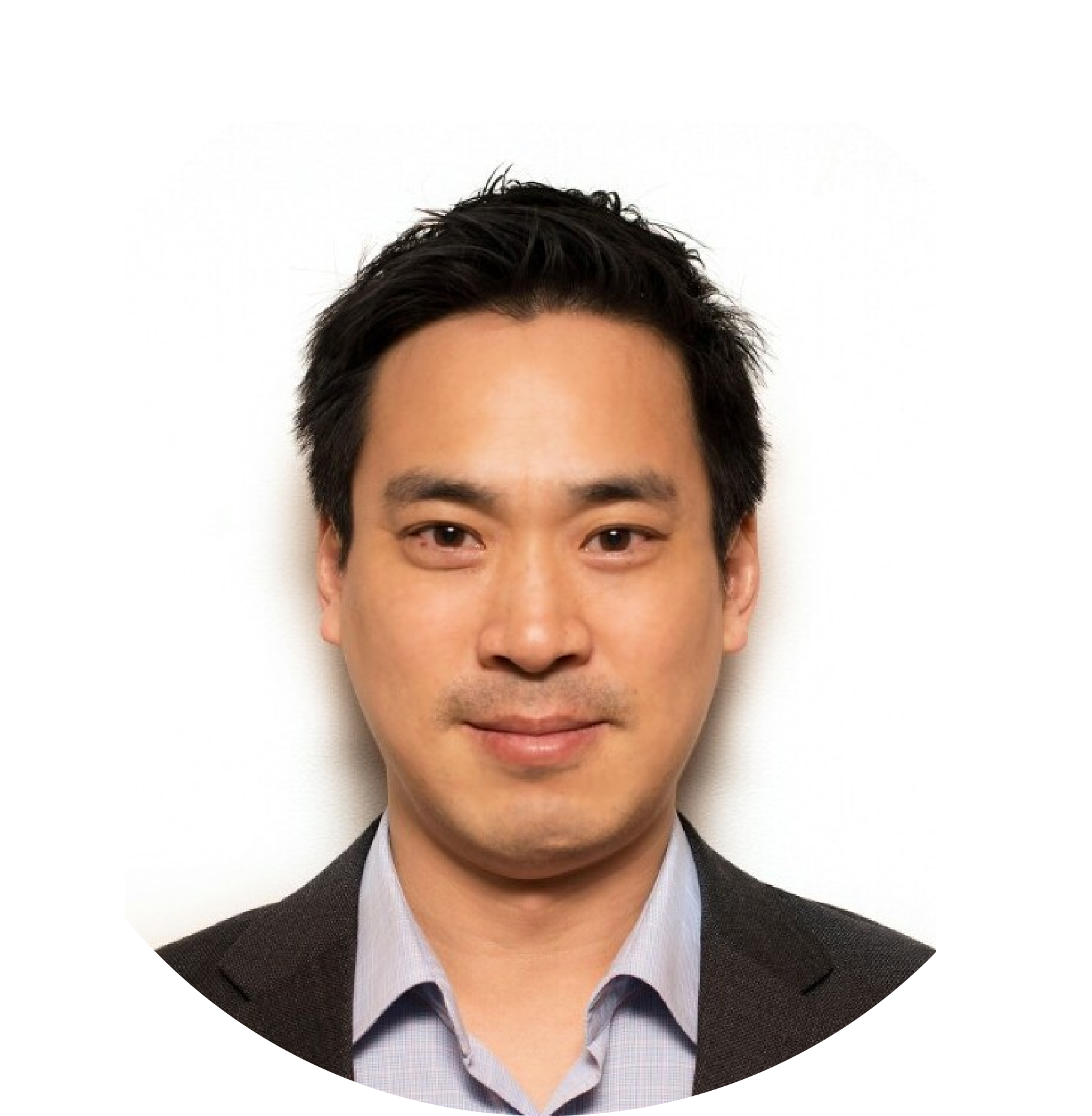About GDS
Programme Overview
The Bachelor of Liberal Arts (Hons) in Global Development and Sustainability trains global skills through a multi-campus experience and a multi-disciplinary curriculum. Students learn to apply creative and critical thinking to global development and sustainability challenges through analysing cultural, economic, political, historical, environmental and social systems. By interacting within a small diverse cohort and by studying abroad in two or more continents, students learn to effectively communicate across varied cultural backgrounds and professional areas. Advanced coursework and a senior capstone, guided by academic advisers and professional mentors, enable students to address central human problems while critically considering future consequences, both locally and globally.
- ONE Degree with Multi-campus and Multi-country Learning Experience in at least TWO different continents
- Interdisciplinary studies with specific professional study areas
- Required courses taught by Chair Professors and faculty members with Teaching Excellence Awards across all Faculties
- Worldwide network of prestigious partner universities and visiting partners such as Fudan University, the London School of Economics and Political Science, National Taiwan University, Peking University, Tsinghua University, Waseda University and Yonsei University
- Mentorship by distinguished and committed Hong Kong and global leaders such as The Honourable Bernard Charnwut Chan GBS JP, Dr. Rex Auyeung Pak-kuen JP and Professor Frederick Ma Si-hang GBS JP
Programme Aims
The Global Development and Sustainability Programme (GDS) aims to:
- Assist students in developing their intellectual and personal abilities by immersing them in a rich array of cross-disciplinary perspectives and deep reading and critical reflection of knowledge;
- Expose them to a wide range of peoples and perspectives to enable them to view the world from various competing perspectives by enhancing their cross-cultural knowledge and how to deal with respect and sensitivity towards other cultures and societies;
- Provide opportunities for students to work in a team and collaboratively to effectively address the many challenges with reason, evidence and civility; and
- Given Hong Kong's unique position as the gateway between East and West, assist students in better understanding and appreciating the importance of international cooperation, global stability and mutual respect between nations and citizens.
Through the GDS, students will acquire a broad spectrum of inter-disciplinary knowledge with global and regional perspectives. Together with the multi-campus experience gained through exchange programmes across continents, students of the GDS will have a strong international outlook coupled with excellent intellectual, problem-solving, communication and critical thinking skills.
ADVISORY BOARD AND COMMITTEES
Advisory Board
To deliver a quality programme that enables students to acquire the necessary skills and knowledge in the subject area and maintain a high academic standard, an Advisory Board will be established to provide valuable advice to the programme. The Advisory Board will serve as the interface between government/industry/commerce/the community at large and the host departments of the programme.
Power and Responsibilities
The Advisory Board will meet once per year to help plan and review the following aspects of work, including future developments:
1. The level and length of courses/programmes concerned in relation to regional needs.
2. The relevance of the courses/programmes to the changing needs and nature of the programme graduates' potential employment.
3. The prospects of regional employment for the graduates of the programme.
4. The adequacy of equipment and other resources of the academic units to fulfil regional needs.
5. The development of teaching and other activities carried out jointly by the academic units and the appropriate community sectors.
6. The investigation, consultancy and other services given by the academic units.
7. Monitor the assistance that the community can give to further the objectives of the University in the subject concerned by way of practical training facilities, the provision of part-time teaching staff and equipment and the award of scholarships and student-fellowships.
Memberships
| Chairman | |
| Mr. WONG, Chi Kwong Patrick |
Chairman Lingnan Education Organisation |
| Members | |
| Mr. CHAN, Andy |
Managing Director Skydeal Group Limited |
| Mr. CHEUNG, Jamie |
Managing Director Somerley Group Limited |
| Ms. CHIU, Jenny |
Executive Director & Senior Director – Human Resources New World Development Company Limited |
| Prof. FRANCESCH-HUIDOBRO, Maria |
Adjunct Professor Department of Geography University of Hong Kong |
| Ms. LAU, Mary |
Executive Director Hong Kong Orbis |
| Dr. LEI, Zhibin James |
Program Director Crypto FinTech Lab, Math Department Hong Kong University of Science and Technology |
| Ms. WONG Wing Chen, Janet |
Former Commissioner for Innovation and Technology |
Board of Examiners (BoE)
Terms of Reference
The BoE makes decisions on examinations, continuous assessments and student recommendations for graduation. It has the following duties:
1. To maintain the academic standards of the programme at a level appropriate to the type of award.
2. To approve examination question papers after considering the views and recommendations of External Academic Advisers, where appropriate.
3. To maintain general supervision of the system of continuous assessment, where it applies.
4. To maintain the proper conduct of examinations.
5. To determine students’ examination results.
6. To assess the progress of students and to report its decisions, including its recommendations for Honours Degree classification, to the Undergraduate Examination Boards.
7. To consider appeals referred to it by the Registrar.
Memberships
| Chairperson | Programme Director |
| Members |
(1) All staff concerned with the setting and marking of any
part of the Examinations; (2) one representative from the adviser group; and (3) External Academic Advisers, if any. |
| Secretary | To be appointed by the Chairperson. |
Programme and Curriculum Committee (PCC)
Terms of Reference
The PCC serves to monitor and assure the satisfactory operation of the programme. The terms of reference of the Committee are as follows:
1. To take charge of the degree programme, including the design, implementation and review of the curricula, the achievement of the intended student learning outcomes and others.
2. To liaise with teaching staff regarding programme matters, such as course offerings, advising process for each academic year.
3. To liaise with the Registrar on all academic matters, including the review of academic regulations and examination matters.
4. To liaise with the Director of Office of Global Education on exchange matters.
5. To review the degree programme’s admissions policy.
6. To deal with all other matters related to the degree programme.
Memberships
| Chairperson | Programme Director |
| Members |
(1) All academic staff of the GDS required courses; (2) one representative from the other academic units of the School of Interdisciplinary Studies; (3) all Concentration Academic Advisers; (4) one representative from the Office of Service Learning; and (5) one student representative from each intake of the programme. |
| Secretary | To be appointed by the Chairperson. |
Staff–Student Consultation Committee (SSCC)
Terms of Reference
The SSCC has the following duties:
1. To promote understanding between students and teaching staff.
2. To consider feedback from students regarding teaching, learning and course evaluation and issues of importance for enhancing teaching and learning quality.
3. To consider any other matters of concern to students.
4. To review and monitor the learning and teaching quality assurance mechanisms and processes within the programme.
5. To provide feedback to students on changes made to courses and teaching in response to the Course Teaching and Learning Evaluation (CTLE) exercise.
6. To formulate strategies to help students learn more effectively.
Memberships
| Chairperson | Programme Director/A staff member appointed by the Programme Director. |
| Members |
(1) At least two teaching staff representatives and (2) at least three student representatives. |
| Secretary | To be appointed by the Chairperson. |
People
GDS is supported by a dynamic and outstanding team of faculty members and professional staff in different disciplines. Students can seek advice from the following colleagues:
Arts/Humanities

Associate Professor of Teaching, Department of History
Associate Programme Director, GDS

Associate Professor, Department of Cultural Studies

Assistant Professor, Department of Philosophy

Professor of Practice & Head, Wong Bing Lai Music and Performing Arts Unit
Social Sciences

Prof. MOK Ka Ho Joshua
Chair Professor, Department of Sociology & Social Policy


Assistant Professor of Teaching, Department of Economics
Business

Associate Professor of Teaching, Department of Marketing and International Business
Science and
General Education

Professor of Teaching & Head, Science Unit

Associate Professor, Science Unit


